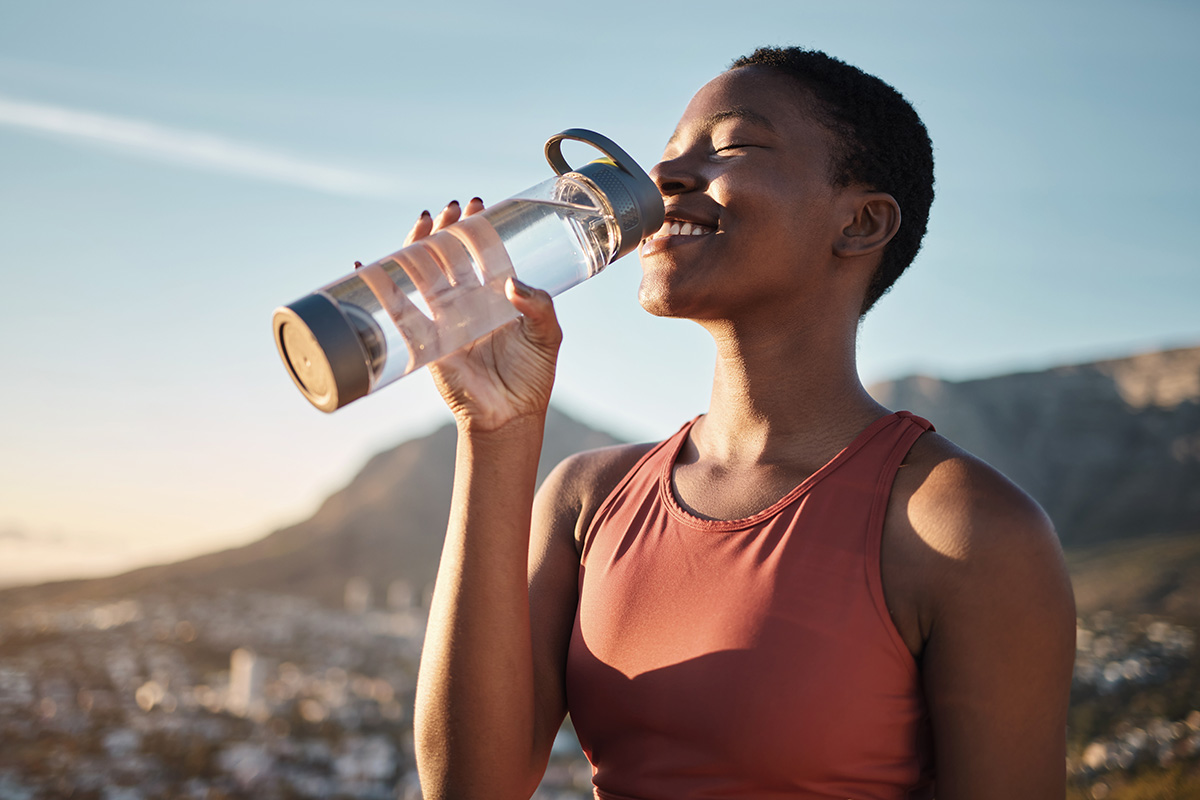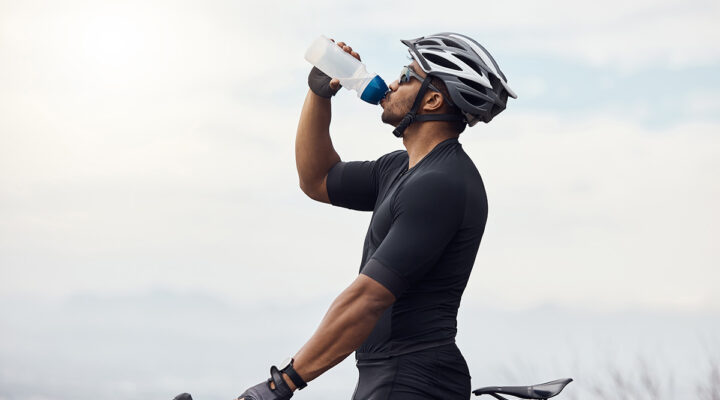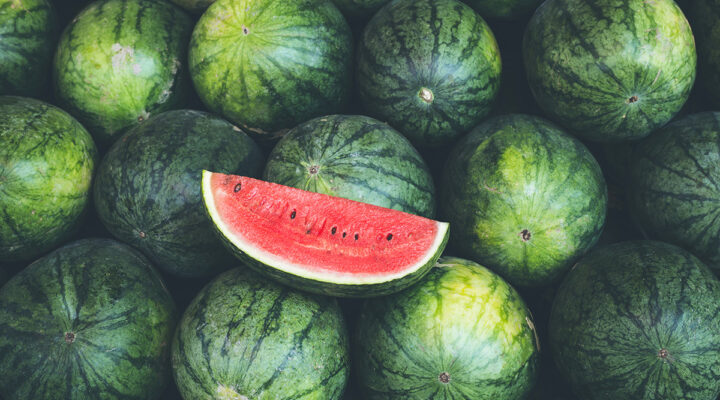How Much Water Should I Drink?

The 15th-century Italian artist Leonardo da Vinci wrote “Water is the guiding force of all nature,” and, even today, its message still resonates – without water, we cannot exist. Our bodies are made of up to 60% water — including the brain and heart (73%), lungs (83%) and skin (64%) — and even our bones, at a watery 31%, contain plenty of the liquid.
Simply put, every system in your body depends on water to function correctly and keep everything ticking over, and, as da Vinci enthused, it’s an essential part of lives. But how much water does a human need?

People need different amounts of water depending on their age, weight, sex, activity level, and general health. Think of your body as a car engine: if you don’t give it enough fuel (water), it will eventually break down. The right amount of water, however, will keep it running smoothly for miles. To hit the sweet spot, there are general guidelines that can help individuals determine how much water they need to consume daily.
The Institute of Medicine (IOM) provides recommendations for daily water intake. According to the IOM, adult men should consume around 3.7 liters (125 ounces) of water per day, while adult women should consume around 2.7 liters (91 ounces) of water per day. However, it’s important to note that these recommendations are based on average needs and may not apply to everyone. In March 2010, a European Food Safety Authority (EFSA) report suggested that an adequate total daily intake of two litres and two-and-a-half litres would be fine for women and men respectively.
If you’re more active, however, or live in a particularly hot climate, you’re going to need more water to stay on top of your hydration. The American Council on Exercise recommends that athletes consume at least 500ml of water two to three hours before exercising and another 200-300ml every 10-20 minutes during exercise.

It’s also worth noting that while water is the best source of hydration, other fluids and foods can also contribute to daily water intake. For example, fruits and vegetables with high water content, such as watermelon and cucumber, can help hydrate the body. Additionally, beverages like tea, juices and coconut water can also contribute to daily water intake. However, it’s important to be mindful of added sugars and other ingredients in some beverages, which can detract from their hydrating benefits.
Finally, it’s important to know if you’re dehydrated. One sign of dehydration is dark yellow or amber urine, which occurs because the kidneys are conserving water by reducing urine output and concentrating the remaining urine.
Another sign is thirst, with a dry mouth and throat. This happens because the body is producing less saliva to conserve water. Lastly, dehydration can cause fatigue and weakness because the body is not receiving enough water and nutrients to support its daily functions, leading to a decrease in energy levels


















